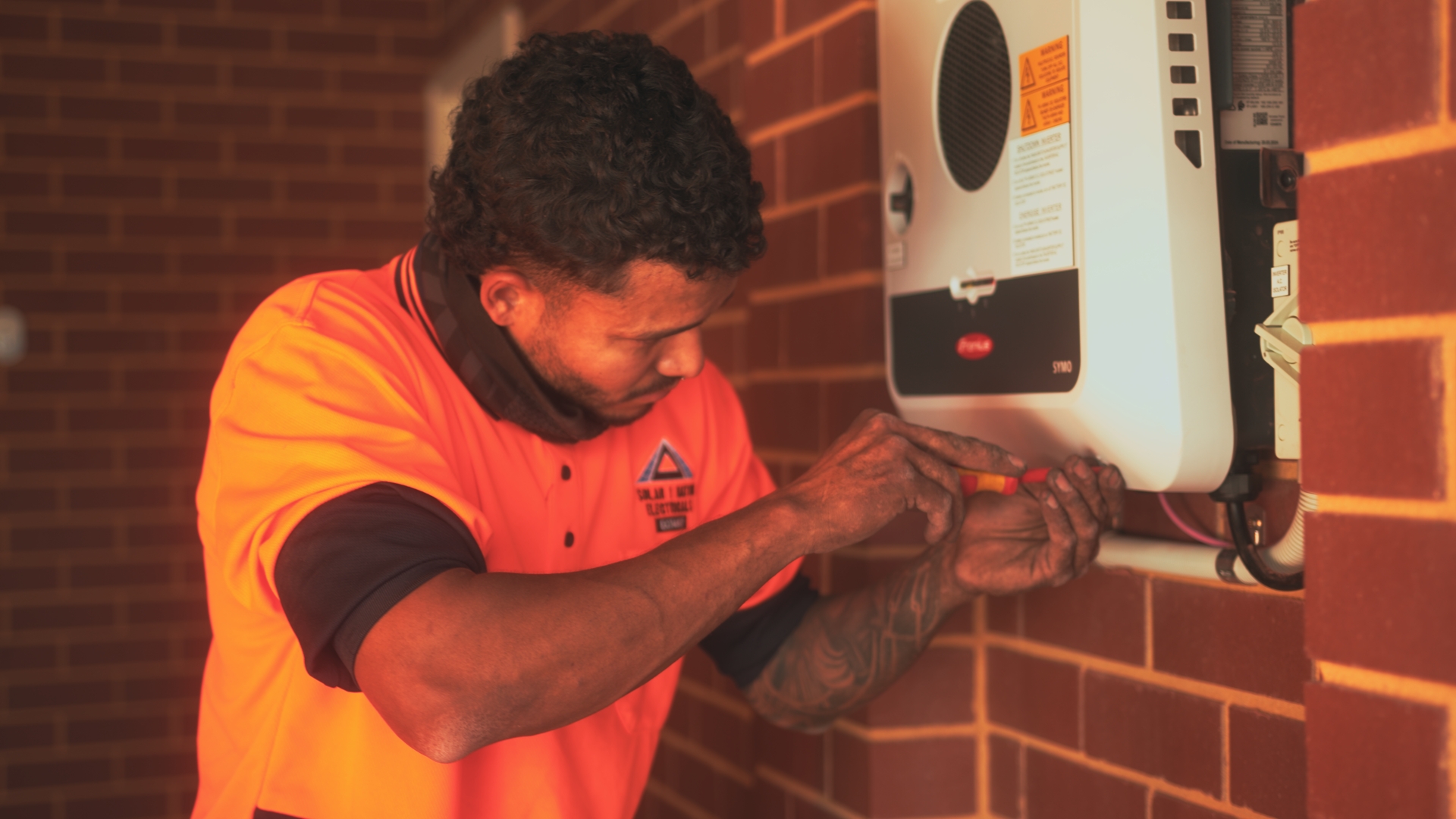Solar inverters are essential components of any solar power system. They play a critical role in converting the direct current (DC) electricity generated by solar panels into alternating current (AC) electricity used by your home. Understanding how solar inverters work can help you optimize your solar power system for maximum efficiency.
What Are Solar Inverters?
Solar inverters are responsible for converting the electricity produced by your solar panels into a form that can be used by household appliances. They ensure that the power generated is compatible with your home’s electrical system and the grid.
- Conversion Process: The conversion of DC to AC electricity is a fundamental function of solar inverters, enabling your solar power system to integrate seamlessly with your home’s energy needs.
Types of Solar Inverters:
- String Inverters: These are the most commonly used type of inverter, connecting multiple panels in series. They are cost-effective and suitable for many residential installations, but their performance can be affected by shading or panel mismatches.
- Microinverters: Installed on each panel, microinverters offer better performance in shaded conditions by optimizing the output of each individual panel. They are ideal for systems with varying panel orientations or shading issues.
- Power Optimizers: These devices work in conjunction with string inverters to enhance performance. They adjust the output of each panel to maximize energy production, making them a good option for systems with partial shading.
Benefits of High-Quality Inverters:
Investing in a high-quality solar inverter can improve the performance and reliability of your solar power system. Features like Maximum Power Point Tracking (MPPT) technology help optimize energy production by continuously adjusting the load on your panels.
- Enhanced Efficiency: MPPT technology ensures that your solar panels operate at their maximum efficiency, increasing the overall energy yield of your system.
Monitoring Capabilities:
Modern solar inverters come equipped with advanced monitoring features that allow you to track the performance of your solar system in real-time. This includes access to detailed performance data through smartphone apps or online platforms.
- Performance Tracking: Real-time monitoring helps you identify and address issues quickly, ensuring that your system operates smoothly and efficiently.
Grid Integration:
Solar inverters ensure that the electricity generated by your solar panels meets grid standards, contributing to a stable and reliable power supply. They include safety features to protect against electrical faults and ensure safe integration with the grid.
- Safety and Compliance: Inverters play a crucial role in maintaining grid stability and ensuring that your solar power system operates safely and in compliance with local regulations.
In Conclusion:
Solar inverters are vital for converting and optimizing the electricity generated by your solar panels. Understanding the different types and their benefits helps you make an informed decision, ensuring that your solar power system operates at its best.







